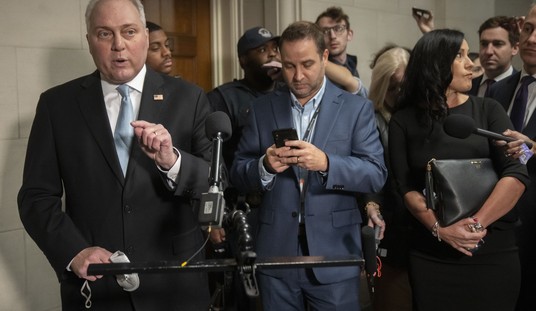Vice President JD Vance is currently visiting the Cotswolds in the U.K., a trip that has provoked public protests, including a truck circulating the area displaying a viral JD Vance meme.
NEW: A UK group is "proving" the UK does have free speech by driving around a van with a doctored image of JD Vance, who is vacationing nearby.
— Collin Rugg (@CollinRugg) August 12, 2025
The stunt comes after Vance ripped the country for limiting free speech against its citizens.
This group should mock Islam to prove… pic.twitter.com/LJfj7YFnbB
The protests were sparked for two main reasons, the first being the general disruption of the usually quiet Oxfordshire village of Dean. For security reasons, there have been several road closures, security checkpoints have been established with frequent vehicle inspections, sniffer dogs have been deployed, and Vance travels in a large motorcade. The locals described it as excessive and disruptive to their daily lives.
The second reason, and the root cause of the van driving around picturing the JD Vance meme, is because of a comment the vice president made criticizing the so-called right to free speech in the U.K., which is practically nonexistent. Vance said he did not want to see the UK to go down the "very dark path" of censorship.
JD Vance defends Free Speech in front of Britain’s Foreign Secretary:
— Cillian (@CilComLFC) August 8, 2025
“I think the entire collective West, including the US under Biden, got too comfortable with censoring a diverse range of opinions. I don’t want other Countries to follow us on what was a very dark path.”
🔥🔥 pic.twitter.com/WVxDxYttMM
He has not been so delicate in the past.
FREE SPEECH - I am ashamed of Britain & how we must now look to the US to save us. Because our cowardly politicians are too afraid of the globalists in control.
— Bernie (@Artemisfornow) February 14, 2025
Watch as JD Vance defends British people even as our governments won’t.
And then pray they can stop the madness. pic.twitter.com/xgazfeeBeT
While protesters in the UK may find a goofy depiction of JD Vance an act of free speech, they have yet to make a convincing case. Making fun of the American vice president is not the same as having an anti-migrant view, burning the Quran, or engaging in what the UK government deems "hateful" behavior.
Recommended
Just last month, the UK began having its law enforcement officers monitor "anti-migrant posts" on social media.
It's official. The UK is now officially a police state. It has become precisely what Orwell warned about. Criticize mass migration and you can expect the police to come to your home. And judges will give longer sentences for wrong think than many violent crimes. pic.twitter.com/GEMs7CvwST
— Michael Shellenberger (@shellenberger) July 26, 2025
One man was investigated for liking a limerick in 2024. They described it not as a criminal investigation, but as a "non-crime hate incident." This is increasingly becoming the policy of UK law enforcement. The public is encouraged to report these "non-crime hate incidents," and an officer even admitted, "we need to check that you are thinking properly." And that means you must share the opinion of the government.
UK police have also reportedly urged people to report “non-crime hate incidents” like this man who they called for liking an offensive limerick on social media.
— Truthstream Media (@truthstreamnews) August 9, 2024
Police said, “We have to check your thinking.”
This all leads to Orwellian thought crime. pic.twitter.com/2VvAbOFssa
This week, UK police also deployed undercover female officers posing as joggers in form-fitting clothing to prompt catcalls and other forms of street harassment. Offenders were stopped and issued warnings, on the rationale that those who engage in catcalling “may go on to commit more serious offenses.” While the prevention of harassment is an important objective, the approach appears to focus more on hypothetical future conduct than on concrete incidents.
UK police deploy undercover female joggers to catch drivers who honk and men who catcall, as part of a crackdown on harassment.
— Graham Banks Cull (@1GrahamDaily) August 13, 2025
The UK invents new crimes weekly and this comes as no surprise. They are currently working to establish the male gaze as an assault charge as well I… pic.twitter.com/IIm8gqzK9h
But if a citizen can make fun of the United States' Vice President, who the UK government certainly does not like, that must mean that free speech is alive and well, right?



